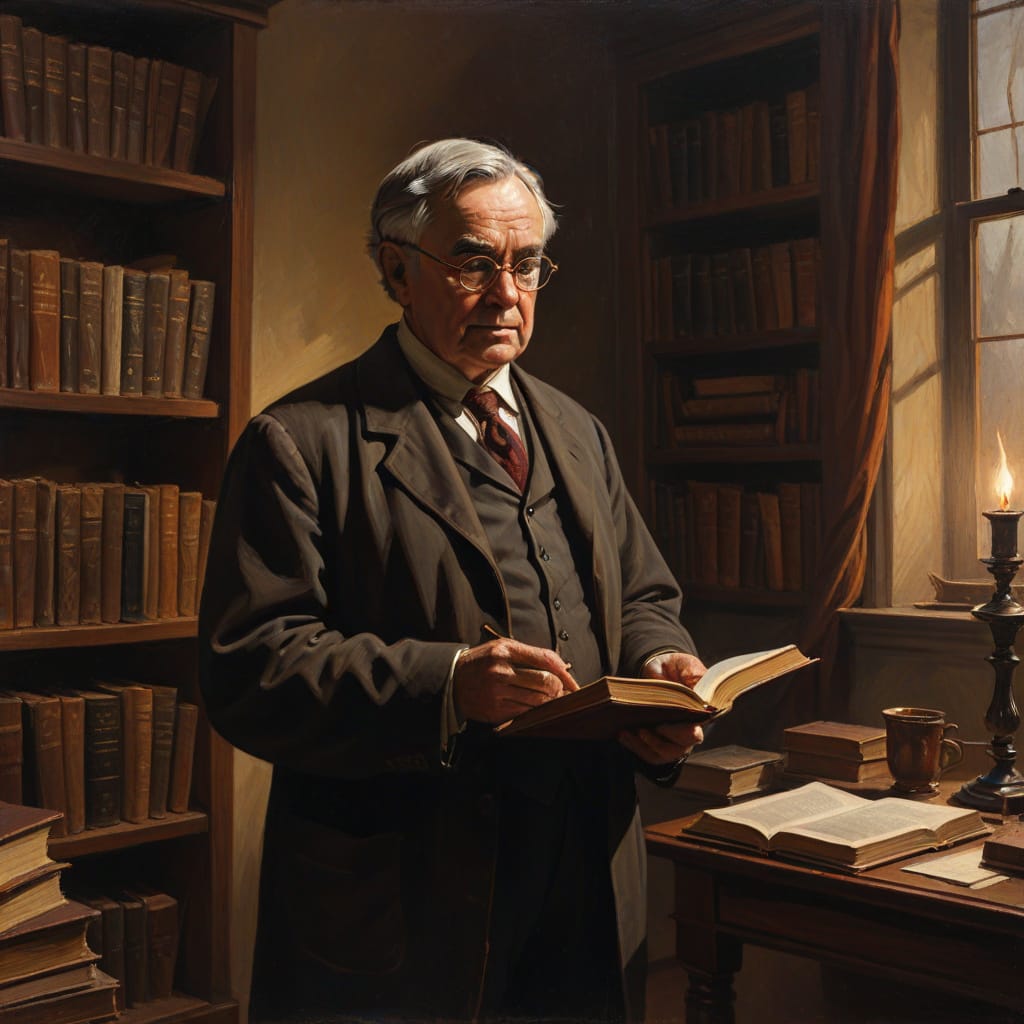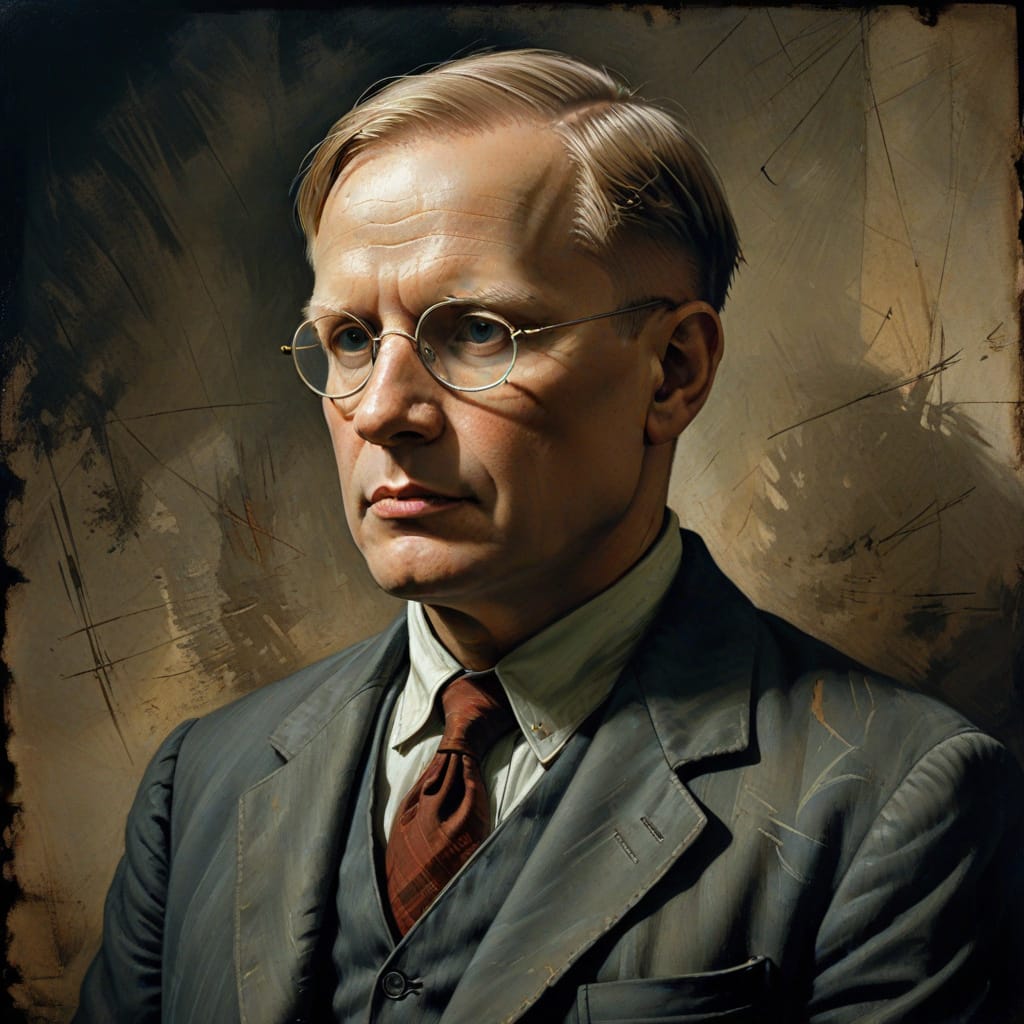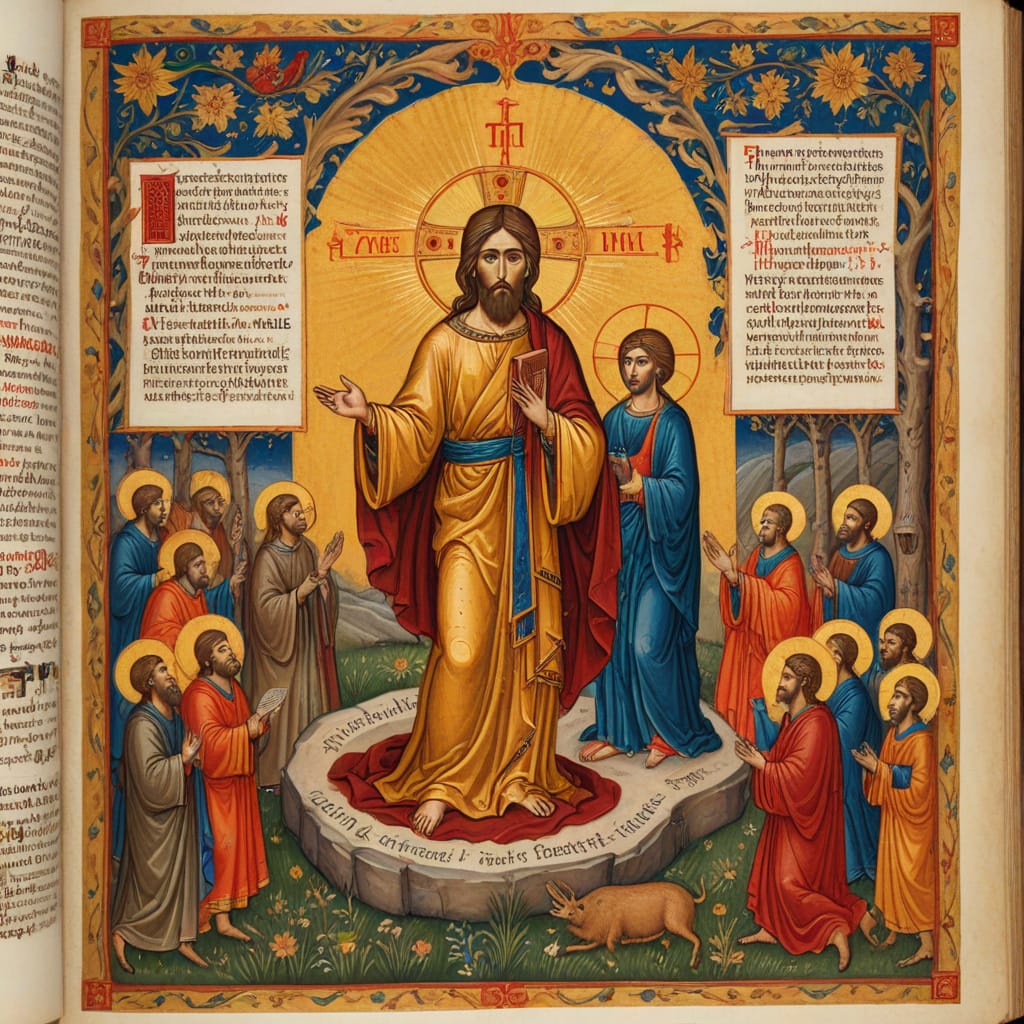
Christian theology has evolved over more than two millennia, shaped by historical developments, doctrinal discussions, and cultural changes. The Apostolic Fathers were early Christian theologians from the 1st and 2nd centuries AD who are believed to have had direct personal connections with some of the Twelve Apostles or to have been substantially influenced by their teachings. Early theologians such as Athanasius of Alexandria

And Saint Augustine and made substantial contributions to the understanding of God’s nature and the doctrine of the Trinity.

During the Middle Ages, scholars such as Thomas Aquinas combined faith and reason, contributing to the development of scholastic theology.

The Protestant Reformation of the 16th century, led by figures such as Martin Luther

and John Calvin, challenged existing doctrines and emphasized scripture’s authority and salvation through faith alone.

In contemporary times, theologians such as Karl Barth

and Dietrich Bonhoeffer have addressed modern issues, including the relationship between faith and reason, as well as the problem of evil.

The Significance of Christian Theology
Engaging with Christian theology enhances one’s comprehension of the Christian faith and offers meaningful insights into its doctrines, practices, and historical evolution. It equips individuals to articulate their beliefs effectively and to engage thoughtfully with current moral and ethical discussions. For professionals working in ministry, education, social services, or related fields, theology provides a solid foundation for personal spiritual development and informed professional practice.

The sources of Christian theology encompass the foundational materials and authorities that inform the development of Christian beliefs and practices. These sources provide the basis for defining core doctrines, understanding the nature of God, and guiding ethical and moral conduct within the Christian tradition. The primary sources include the Bible, tradition, reason, and experience, each of which contributes significantly to the formation of theological understanding.

The Bible is the central and most authoritative source in Christian theology. Christians regard it as divinely inspired and as the ultimate guide for faith and practice. The Bible is divided into the Old Testament and the New Testament, each of which contributes to the understanding of Christian beliefs and values.

The Old Testament includes books such as Genesis, Psalms, and Isaiah, and serves as a foundational text for both Judaism and Christianity. It details the history of Israel, the laws given to Moses, and contains prophecies that are understood by Christians to foreshadow the coming of the Messiah.

The Old Testament includes books such as Genesis, Psalms, and Isaiah, and serves as a foundational text for both Judaism and Christianity. It details the history of Israel, the laws given to Moses, and contains prophecies that are understood by Christians to foreshadow the coming of the Messiah.

The New Testament centers on the life, teachings, crucifixion, and resurrection of Jesus Christ. It includes the Gospels (Matthew, Mark, Luke, and John), the Acts of the Apostles, the Epistles (letters authored by apostles such as Paul), and the Book of Revelation.

Christian theology frequently includes biblical exegesis, which is the systematic interpretation of Scripture to determine its meaning and relevance. The Bible is regarded as the authoritative foundation of Christian doctrine, offering insights into the nature of God, the concept of salvation, and the principles of the Christian life.

Christian tradition encompasses the teachings, practices, and interpretative frameworks of Christianity that have been transmitted over centuries. It includes the writings of early Church Fathers, formal creeds, liturgical practices, and doctrinal decisions established by ecumenical councils.

Ecumenical Councils, such as the Council of Nicaea (325 AD)

and the Council of Chalcedon (451 AD), played a crucial role in establishing fundamental doctrines regarding the nature of Christ and the Trinity. The resolutions adopted during these councils have significantly influenced Christian teachings and belief systems across different denominations.

The First Council of Nicaea, was an important gathering of Christian bishops held in the city of Nicaea, Turkey) convened by Roman Emperor Constantine I from May through the end of July 325.
As the first of many ecumenical councils, its purpose was to foster consensus within the Christian Church through representation from across Christendom. Hosius of Corduba may have served as the presiding figure during its sessions.

The assembly was attended by at least 200 bishops and achieved several significant outcomes, including resolving key theological questions regarding the divine nature of Christ and his relationship to God the Father, developing the initial draft of the Nicene Creed, establishing a standardized date for Easter observance, and laying foundational principles for canon law.